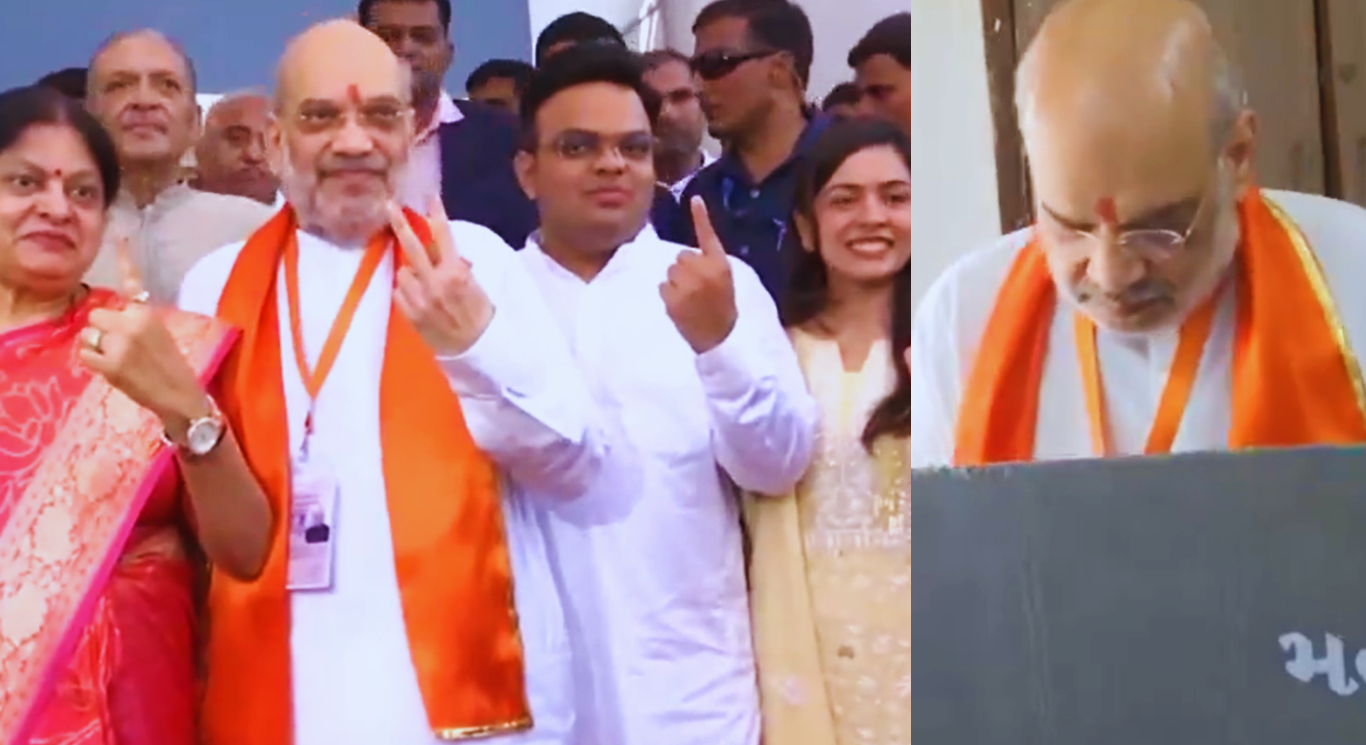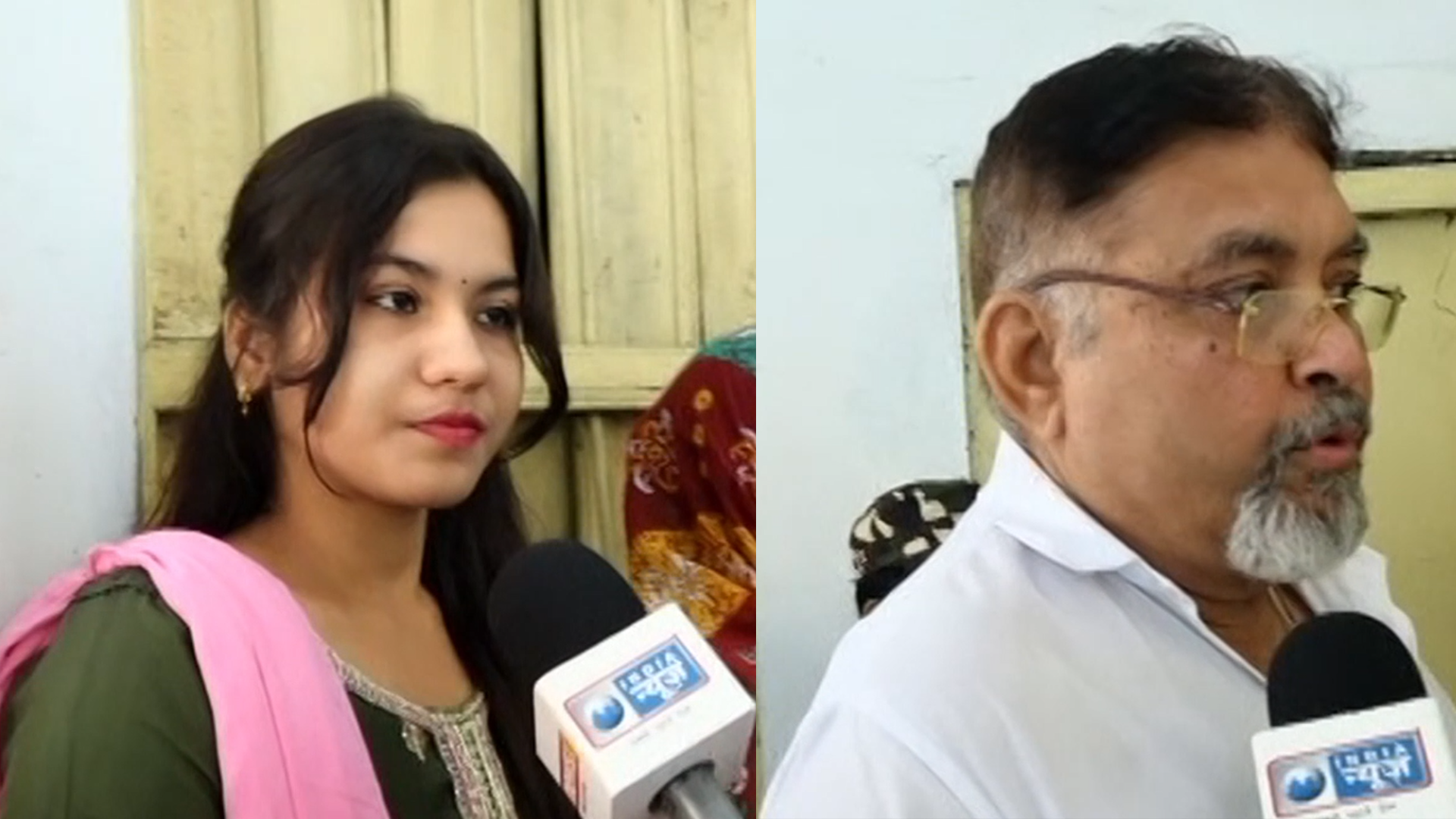


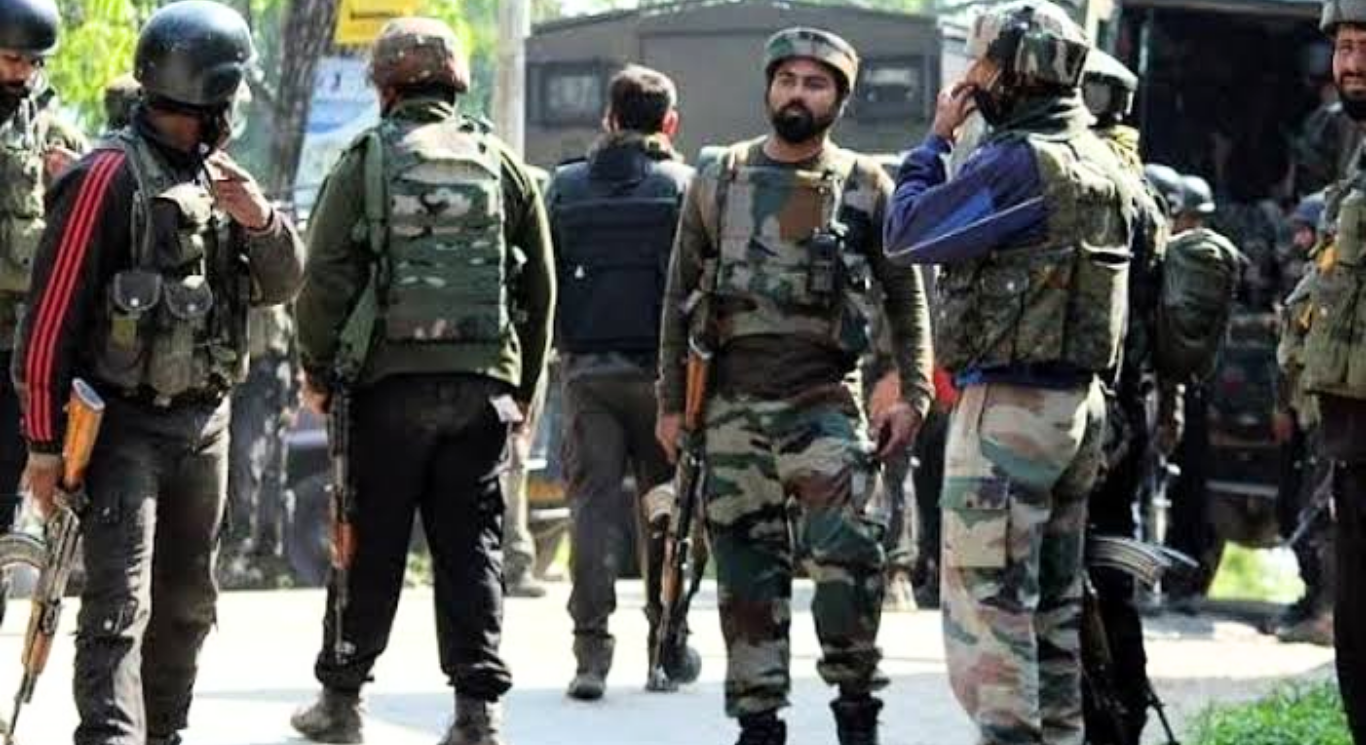
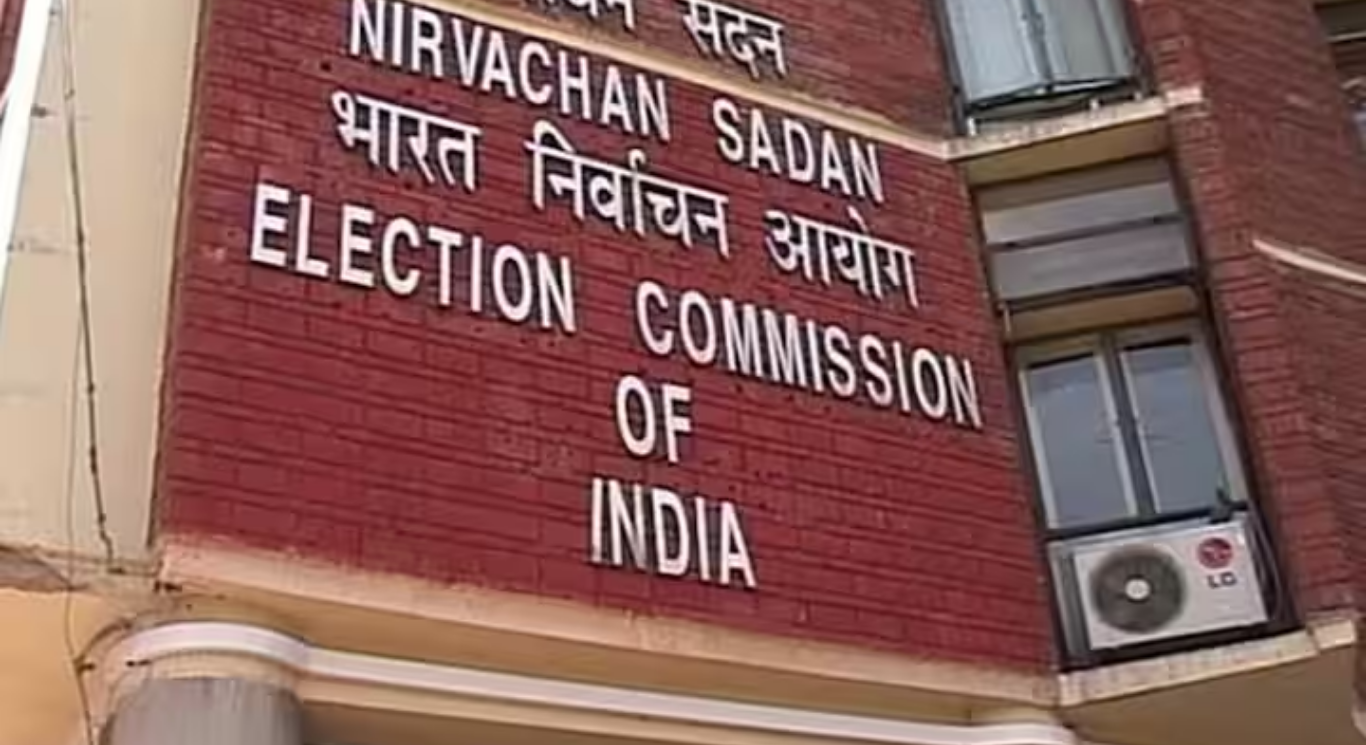
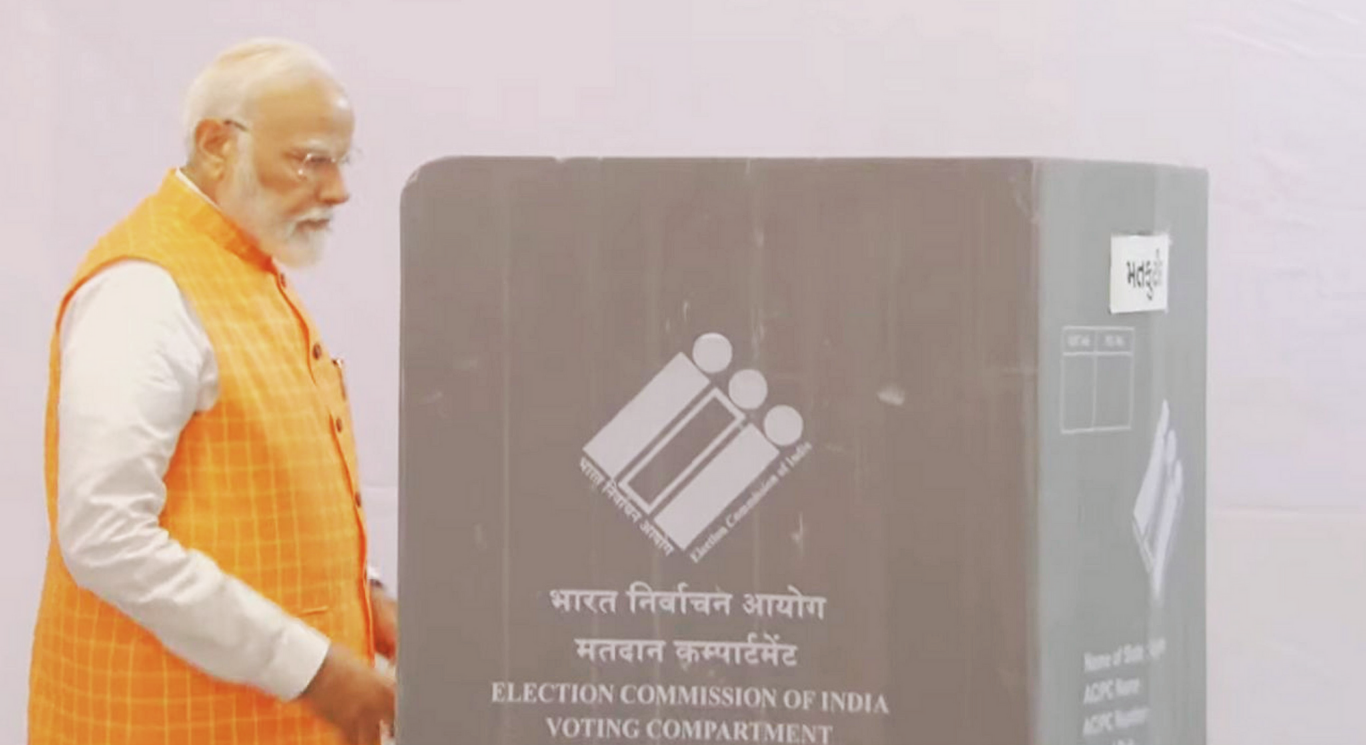
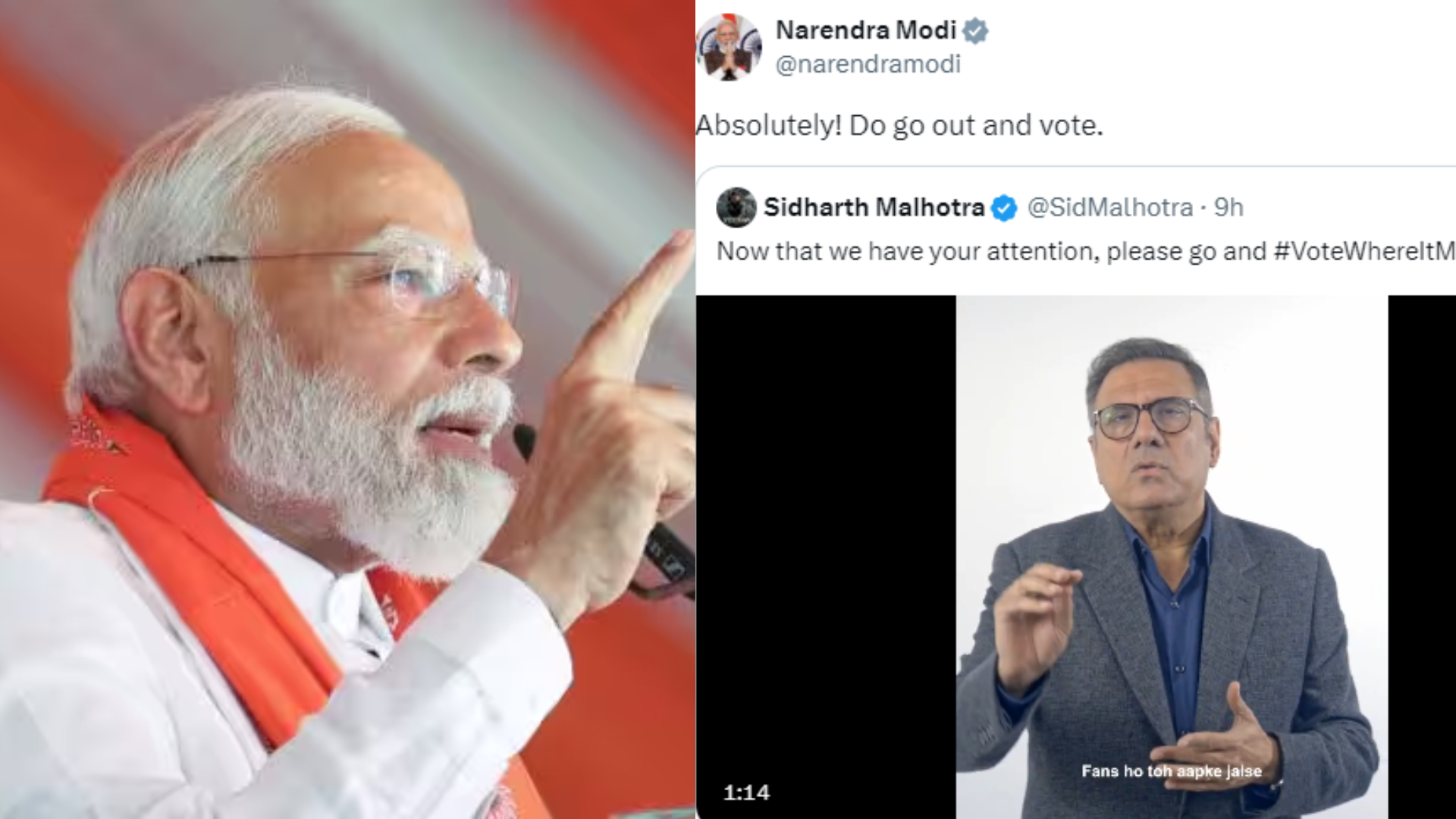
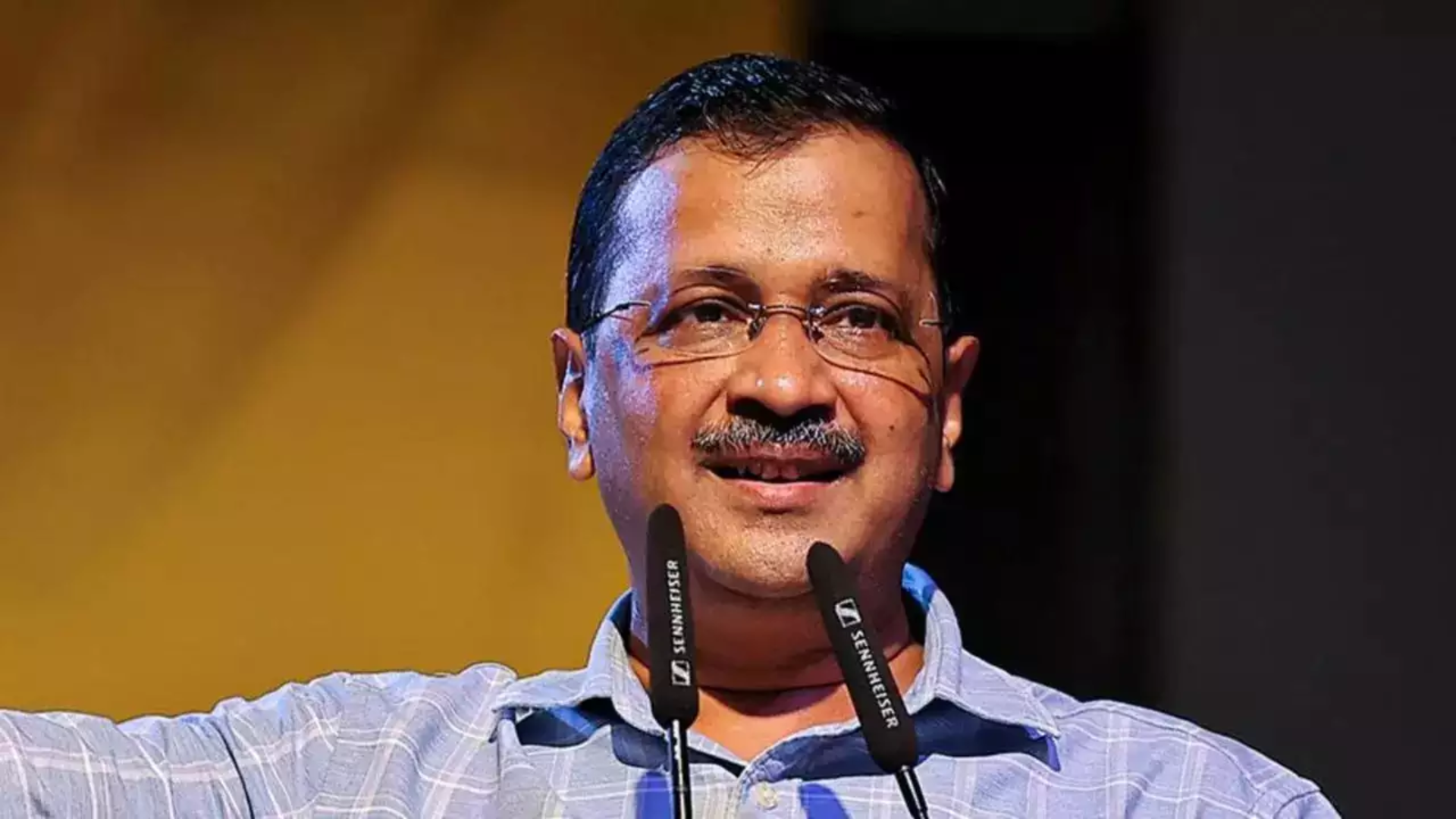


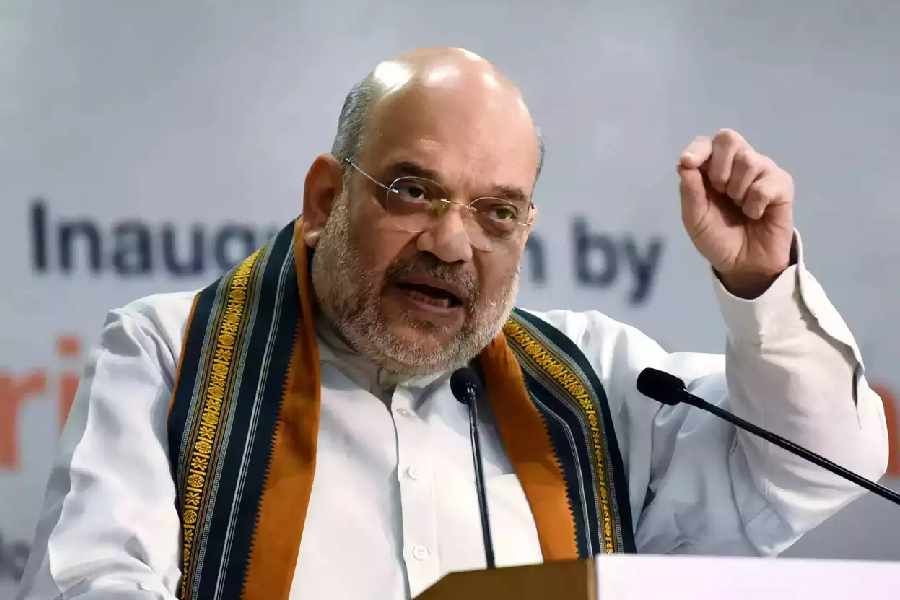
Union Home Minister Amit Shah criticized leaders from the DMK party and their INDIA alliance partner, the Congress, for their recent statements concerning “Sanatana Dharma.” He also took a swipe at Rahul Gandhi for drawing comparisons between Hindu organizations and the proscribed terror group Lashkar-e-Taiba.
Addressing a gathering in Rajasthan, which is gearing up for upcoming elections, HM Shah accused the DMK and Congress leaders of discussing the eradication of “Sanatana Dharma” for political gains. He stated that this wasn’t the first time these leaders had insulted the “Sanatana Dharma” faith.
Shah highlighted previous remarks by former Prime Minister Manmohan Singh, who had emphasized the first right on the budget for minorities, while the BJP believes that the first right should be for the poor, tribals, Dalits, and those from backward communities.
Rahul Gandhi’s statement, in which he likened Hindu organizations to Lashkar-e-Taiba, came under fire from Shah. He criticized Gandhi for making such a comparison.
The Home Minister’s comments came in response to Udhayanidhi Stalin’s recent controversial statement. Stalin, who serves as the Sports and Youth Affairs Minister in the Tamil Nadu government, had spoken against “Sanatana Dharma” at a conference in Chennai. He suggested that instead of opposing it, Sanatana Dharma should be eradicated, similar to diseases like dengue, mosquitoes, malaria, or corona.
In response to Stalin’s remarks, Annamalai, an opposing political figure, criticized the DMK leader, accusing his family of pursuing wealth accumulation and adopting an ideology from Christian missionaries. He implied that this ideology aimed to cultivate individuals who would promote a particular agenda.
The political discourse continues to be charged as leaders from different parties exchange words over these contentious statements.


